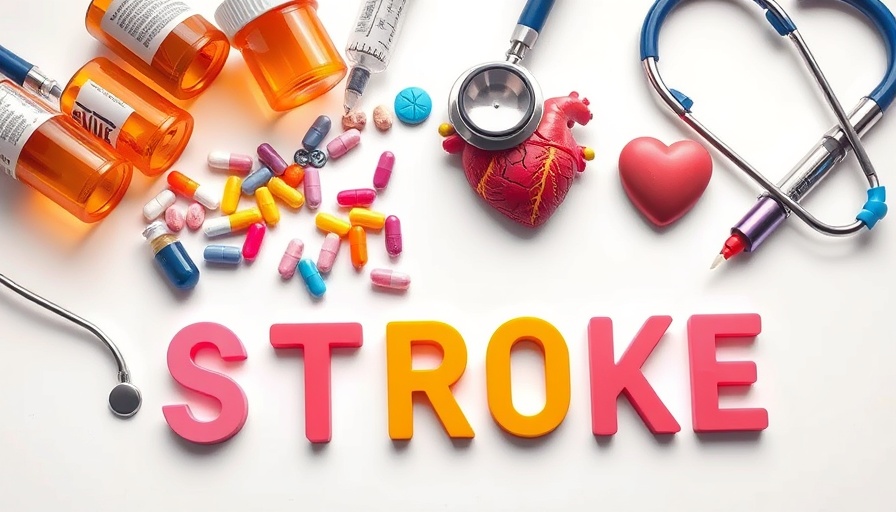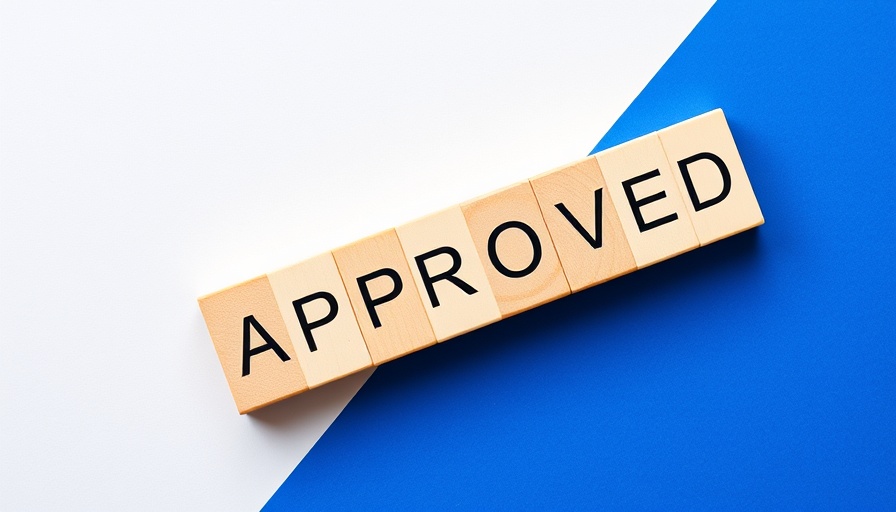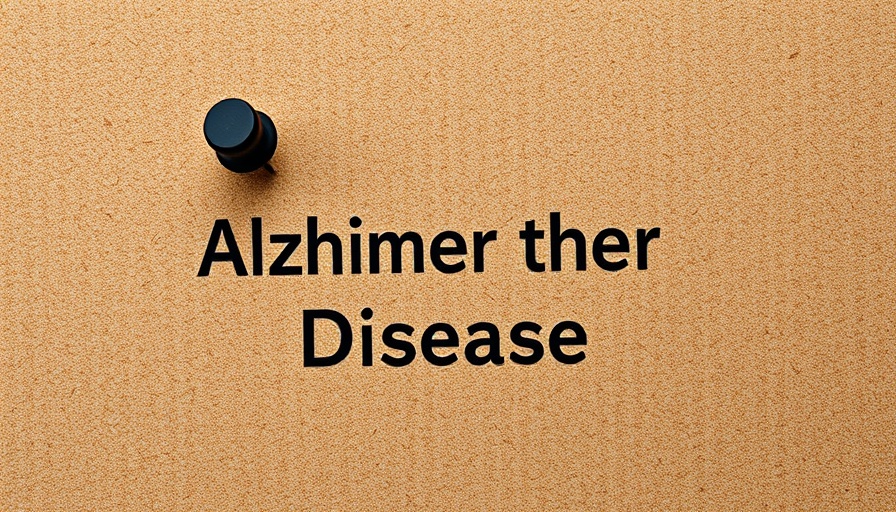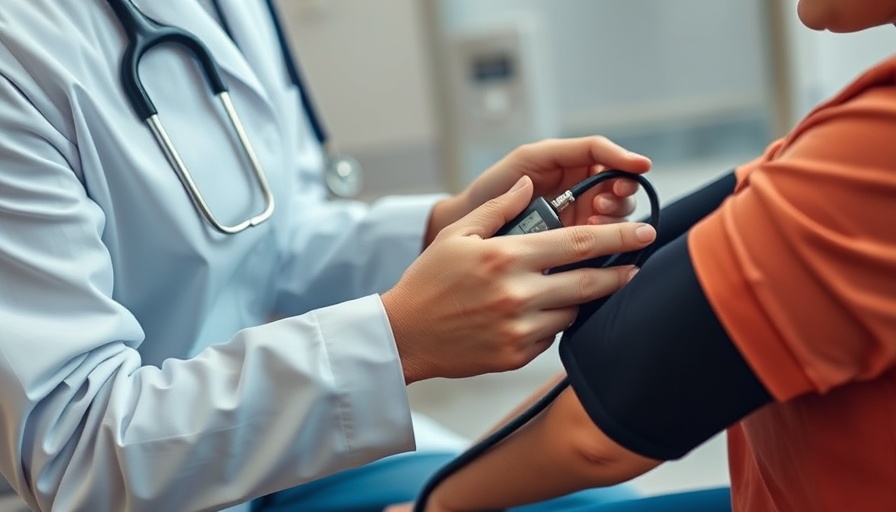
Discovering a New Path to Recovery After Stroke
For many individuals recovering from a stroke, the road to regaining language abilities can be fraught with challenges. Recent research has brought forth a promising angle regarding recovery: the combined approach of surgery and speech therapy significantly enhances linguistic outcomes.
This breakthrough shines a light on the importance of taking a holistic view of stroke recovery, where both physical interventions and therapy come together to foster healing. Speaking to the personal experiences of many, these findings could pave the way for more tailored rehabilitation strategies that empower patients in their recovery journey.
A Closer Look at the Research Findings
According to the study, patients who underwent surgical intervention prior to beginning speech therapy showed notable improvements in their ability to communicate effectively. These results indicate that surgical techniques, when paired with speech rehabilitation, create a synergistic effect that accelerates recovery.
The research emphasizes how bridging physical treatments with therapeutic practices not only aids in restoring language skills but may also uplift the overall psychological well-being of patients—an essential factor considering the emotional toll of stroke.
The Emotional Journey of Recovery
Recovering from a stroke involves more than just physical healing; it’s about rekindling the ability to communicate, which can significantly affect relationships and self-esteem. Personal stories of stroke survivors highlight the emotional struggles they often face, and how success in therapy can restore confidence and connections with loved ones. One survivor shared how rediscovering speech helped mend her relationship with her grandchildren, filling them with joy and bringing the family closer together.
Telemedicine: A Vital Resource for Recovery
With the rise of telemedicine, patients now have the opportunity to access rehabilitation services from the comfort of their homes. This access can be crucial, especially for those who may struggle to attend in-person sessions. By engaging in virtual therapy, individuals can maintain consistency in their recovery efforts, making it easier to continue their progression toward better language skills.
Telemedicine also ensures that resources are accessible regardless of geographic location, helping to level the playing field for all stroke survivors seeking help.
Community Support: A Critical Component
The role of community cannot be overstated in the recovery process. Local support groups, whether in person or online, foster a sense of belonging and provide a platform for sharing strategies, challenges, and successes. The collectiveness of experiences not only encourages individuals struggling with stroke recovery but also amplifies awareness regarding the importance of comprehensive treatment approaches that include both surgical and therapeutic support.
You’re Not Alone: The Impact of Shared Experiences
The resilience of stroke survivors shines through when they come together to share their narratives. By understanding and discussing their journeys, they cultivate a culture of hope and perseverance—reinforcing that recovery is not a solitary path but a collective effort.
As we spotlight these connections and the research that supports them, it's an opportune moment to advocate for the integration of surgery and speech therapy as standard practices in stroke recovery plans. Remember, the journey may be daunting, but through innovation and community, strides in recovery can be made. Let us not only support each other but aim to amplify voices through every step of the process.
 Add Row
Add Row  Add
Add 




 Add Row
Add Row  Add
Add 

Write A Comment